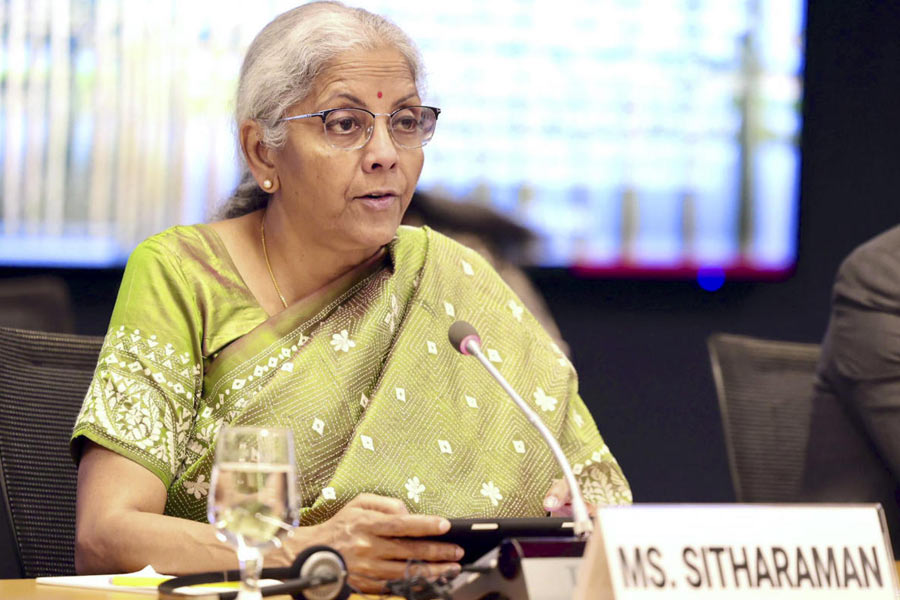When a senior minister says that patriarchy — meaning, in essence, the ‘rule of the father’, that India is quite familiar with — certainly cannot exist in India, it is disconcerting, to put it mildly. The Union finance minister, Nirmala Sitharaman, contemptuously dismissed the concept of patriarchy, claiming that it was a fantastical jargon invented by the Left, designed to cover up incompetence by passing the buck. To put it mildly again, this argues a blindness, privilege and an ignorance of history and contemporary society that are mind-blowing. In her unique argument, Ms Sitharaman brought up the examples of Indira Gandhi and Sarojini Naidu to illustrate that patriarchy did not stop them. It is difficult to imagine a finance minister who ignores class divisions and the role of background in politics. She advised women to go out and do things instead of complaining. That is, silence would prove there is no patriarchy. In this she is absolutely right. Silence would keep the gender-unequal power structure in place, while women continue in their allotted roles. It would explain why only 25% of the workforce comprises women in the last count. The Oxfam report has shown this identified wage inequality and other gender-based problems as the main cause, because only 2% of the women had inadequate education and competence. Surely this is a statistic that the finance minister should have at her fingertips? Perhaps she would say that work-shy women are to ignore the tremendous familial and social pressures on them and march out to join the labour force?
What is damaging about Ms Sitharaman’s remark is that it comes from a woman in power and, therefore, has a powerful impact. In effect, the minister is urging women in India to ignore their daily trials, the institutionalised discrimination they face — even today the police are either reluctant or simply refuse to accept complaints of rape or molestation. From the wage gap to violence, from domestic violence to exclusion from power, women are expected to accept it all meekly. Perhaps that is why women’s literacy rate is 17 percentage points below men’s: the less they know, the better it is for the status quo. Patriarchy is a system that envelops political, religious, social and economic dimensions and comes down from Manu’s time, when the Left was inconceivable. Ms Sitharaman’s party’s love for Manusmriti is telling.
Patriarchy ensures gender inequality and bias, excluding women from power even in the family and preventing them from making substantial decisions. Allowing her to choose the colour of curtains does not mean she can decide how many children her body shall produce. The status of women is exemplified by, among other transgressions, the rape of Dalit minors by men from the higher caste either to punish a Dalit group or simply to establish domination. This crime is on the increase in Ms Sitharaman’s time. But men alone are not part of patriarchy; it would not have persisted without women’s complicity. That is why Ms Sitharaman is speaking the language of her Manusmriti-loving male peers.











